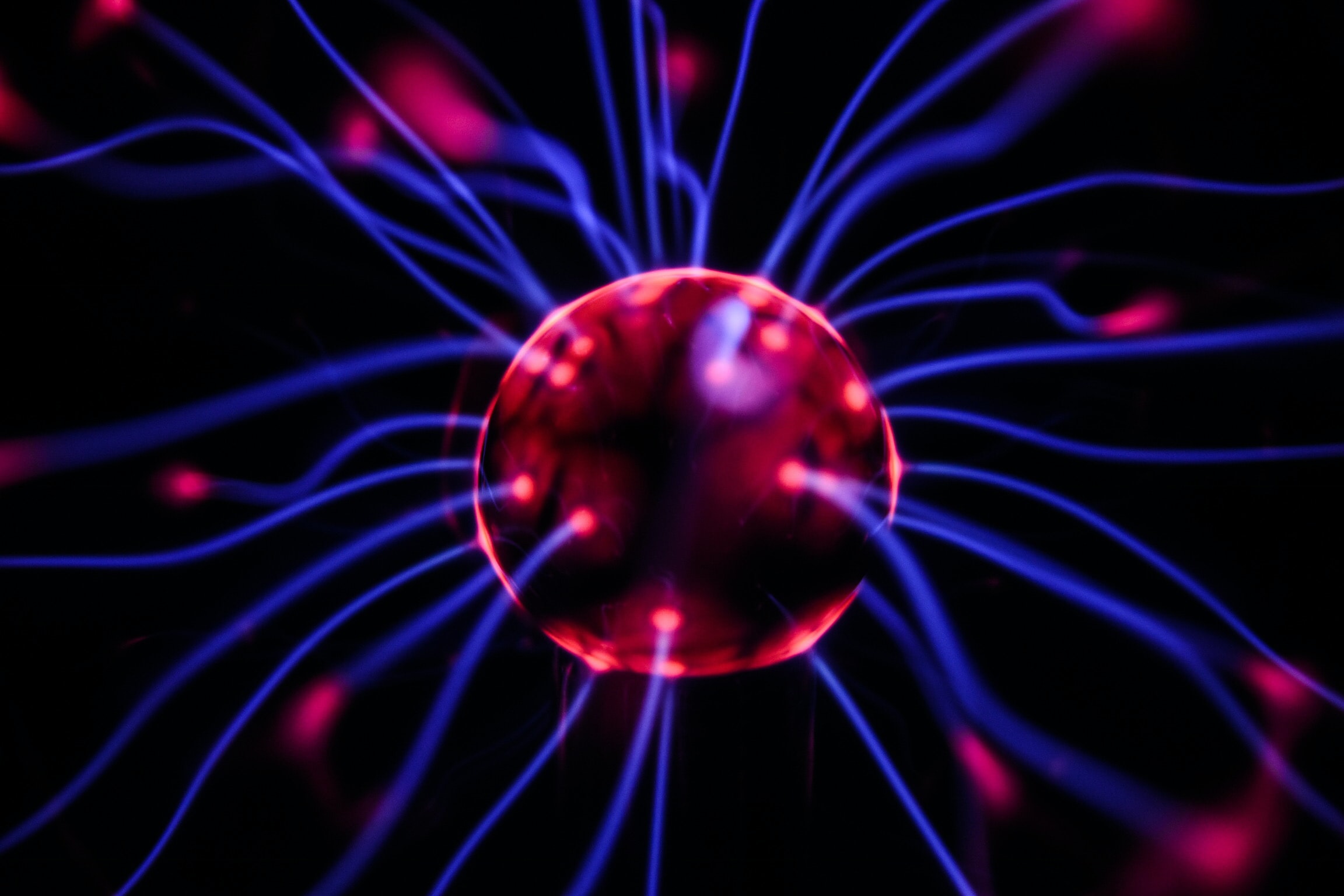
You’re at the top of a chute, looking over the edge with immense anticipation mapping out your line. Your heart is thudding against your chest and you’re experiencing a natural high. As you turn your skis or board to point down the mountain, your heart feels as if it skipped a beat. Suddenly, you drop in, and everything else in the world disappears as you navigate boulders and sluff. Each perfectly mapped-out turn swells inside of you with an inexplicable thrill. You emerge from the chute and you feel as if you have accomplished something on par with world peace. Are all these emotions due to the simple love of the sport, or is there something deeper going on?
Well, both… Each plays into the other. These feelings are the result of chemicals such as endorphins, dopamine, and epinephrine. These chemicals are released due to the stressful environment combined with your love for the sport. Your love for the sport increases the more these chemicals are released. It’s a beautifully vicious cycle.

What are endorphins, dopamine, and epinephrine? Endorphins and dopamine are known as two of the “feel-good” chemicals. Our body makes them and the nervous system releases them. Our body has over 20 different endorphins, the most relevant being beta-endorphins, having a more substantial effect than morphine. Endorphins are released during stressful or painful scenarios; they block the pain receptors in our body, making us feel good. Dopamine is released as a reward system, this chemical plays the most into the cyclical nature. It releases when you do something pleasurable, like skiing.
Getting the reward of the feel-good neurotransmitter makes the activity addicting and more desirable to repeat. Epinephrine, more commonly known as adrenaline, is a part of the sympathetic nervous system and is responsible for the “fight-or-flight” response. This hormone is released in dangerous or stressful situations, it excites your body and contributes to the thrill, often displayed through your heart rapidly beating.
Are you addicted to skiing or these chemicals/hormones? Again, the answer is both! If you did not enjoy skiing or snowboarding, the combination of these chemicals would not release. Likely, you would experience mostly adrenaline, which without the other two manifests as anxiety. If you enjoy the sport, all three chemicals are released in extreme situations. They are what enhance the experience. Just as someone can be addicted to drugs that cause a good feeling, we can be addicted to naturally occurring chemicals that make us feel good. The way to achieve a release of them is through skiing or snowboarding, our addiction to the chemicals fuels our addiction to skiing.
What does this mean? Just like a drug or alcohol addict; an endorphin, epinephrine, or dopamine addict can experience withdrawal. Perhaps, you cannot feel the same sense of joy in all other areas of your life, or you feel a level of depression or anxiety in the off-season. These symptoms may not be just a made-up manifestation of your mind, you could very possibly be experiencing real withdrawals from endorphins, epinephrine, and/or dopamine.
- Related: The Brain Science Behind Flow States
